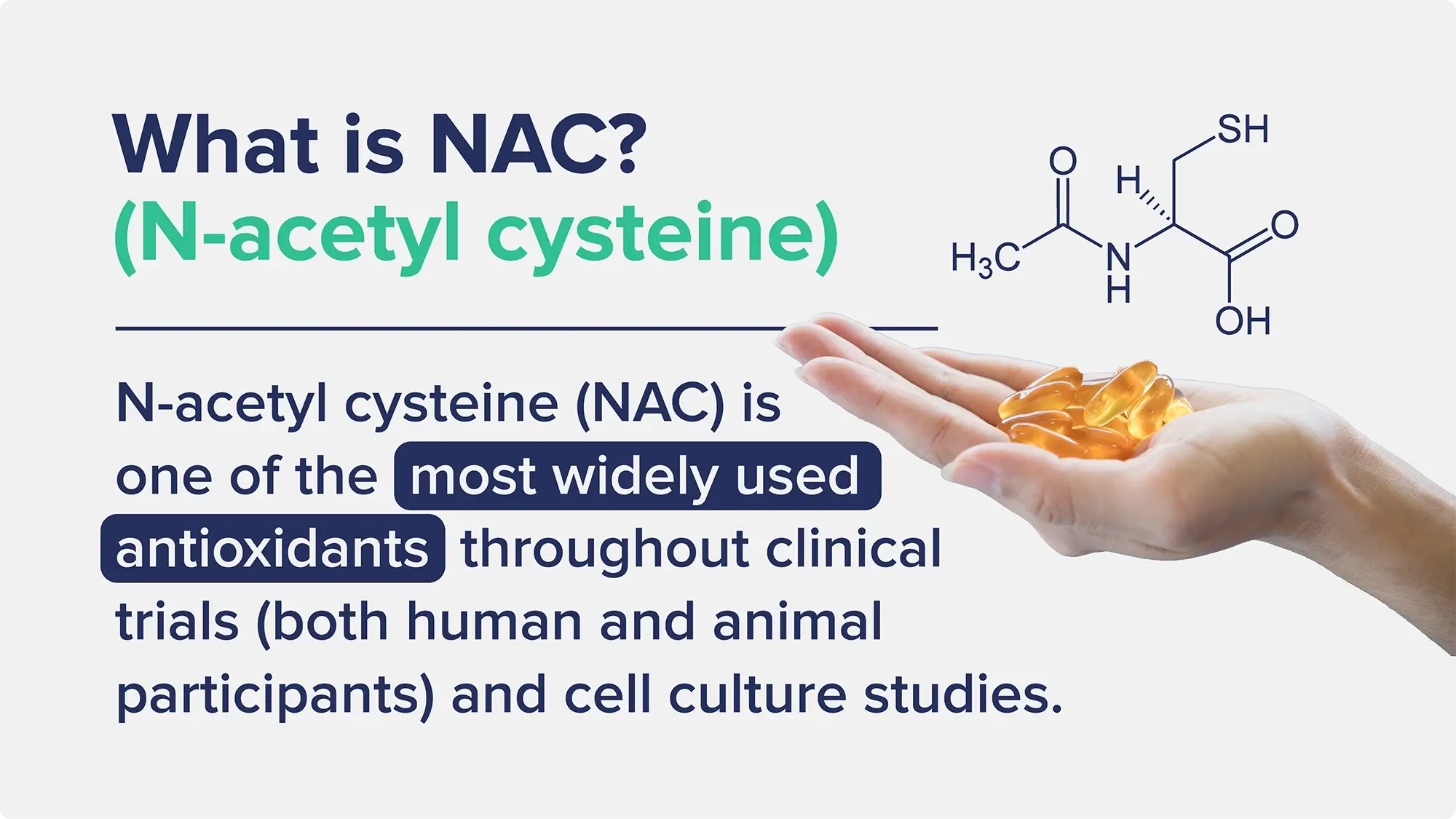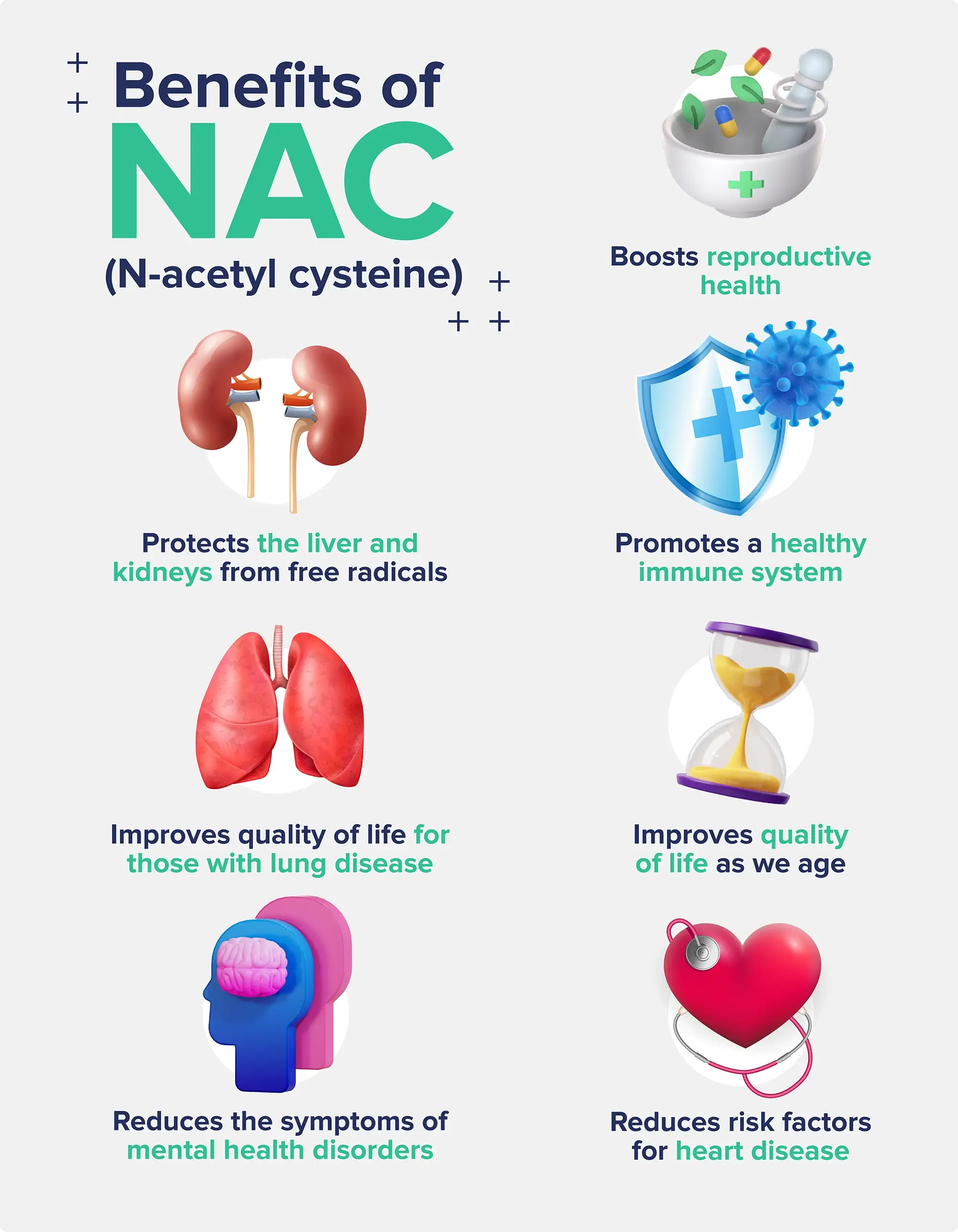Try our favorite, clean protein powder: See our top pick →
Try our favorite, clean protein powder: See our top pick →
This post contains links through which we may earn a small commission should you make a purchase from a brand. This in no way affects our ability to objectively critique the products and brands we review.
Evidence Based Research To fulfill our commitment to bringing our audience accurate and insightful content, our expert writers and medical reviewers rely on carefully curated research.
Read Our Editorial Policy
When it comes to amino acids—what they are, how they’re made, and what they even do—it can start to feel like you’re picking apart a tangled ball of yarn.
For most people, these are not something you need to worry about as long as you eat a nutritionally varied diet (eat the rainbow and all that).
However, supplementing certain amino acids that we cannot produce in our bodies (essential amino acids) or are not getting enough of due to diet, stress, or illness (semi-essential amino acids) could make sense.
So, that’s why we’re here today. To lead you out of the thicket of vague claims and misinformation and help you better understand what NAC is, along with its potential health benefits for the average Joe.
But before we can do that, we have to take you into the weeds first with many words that end in “-ine.”
We promise it’ll be worth it, though—scout’s honor.
N-acetyl cysteine or N-acetyl-l-cysteine is a supplementary form of the semi-essential amino acid cysteine.

If you need a refresher on amino acids, they’re the building blocks for protein synthesis. Much like Brawndo is for plants, they’re what muscles crave!
Cysteine is typically considered a non-essential amino acid since it can be produced naturally in the body or consumed via a high-protein diet.
However, it can become necessary to supplement cysteine when your diet is low in the essential amino acids methionine and serine, which are required to synthesize cysteine—hence why it’s also called a “semi” essential amino acid.
And you don’t want to be low in cysteine.
This amino acid has many benefits, but one of the most important is that it produces the antioxidant glutathione, one of our bodies’ most potent and essential antioxidants.
Before we dive into all the potential benefits of NAC, though, we need to address one small but important caveat: this is not FDA-approved for use in dietary supplements.
According to the most recent policy guidance published in August 2022, the FDA does not approve using NAC in dietary supplements since it is an FDA-approved drug.
If you see that one of your supplements contains NAC, this does not mean you should throw it out because it’s dangerous. It just isn’t FDA-approved as a dietary supplement, though that might change in the future.
When administered in a clinical setting, NAC supplements have shown a wide variety of benefits for many diseases, such as heart disease, infertility, and certain mental health conditions.
NAC may also improve certain respiratory conditions, immune health, and signs of aging and has even been shown to improve hair and nail growth.
N-acetyl-l-cysteine has been linked to a large and growing list of purported benefits. This is primarily thanks to its help in boosting glutathione levels, which reduces inflammation and increases immune system function, as well as its ability to protect and detoxify cells.

As we mentioned, glutathione is a potent antioxidant with several benefits.
One of the most important is that it neutralizes free radicals in the liver, prevents oxidative damage to cells, and detoxifies the body of heavy metals and other toxic chemical compounds that can cause glutathione depletion.
This is why the NAC supplements are often used to treat acetaminophen poisoning and in cases of heavy metal poisoning.
When prescribed in adequate dosages, NAC helps the body eliminate these compounds from the liver and kidneys and protects the cells from further damage.
Several studies indicate that NAC supplementation can improve the body’s immune function by raising glutathione levels.
This is thanks to glutathione’s ability to protect and support infection-fighting cells (like white blood cells).
Additional benefits of NAC have been found for use in viral infections such as COVID-19, where the supplement helped combat the replication of the virus and prevent inflammation that could damage cells and cause tissue injury.
High doses of N-acetyl cysteine are also shown to improve lung function in individuals suffering from various lung diseases that result from inflammation and oxidative stress.
These include chronic obstructive pulmonary disease, cystic fibrosis, chronic bronchitis, and idiopathic pulmonary fibrosis.
The improvement in these lung diseases is also supported by NAC’s mucolytic properties—it breaks up mucus in the lungs.
Some studies suggest NAC may reduce signs of aging in elderly populations thanks to glutathione’s impact on reducing oxidative stress in cells.
As we age, our glutathione levels naturally decrease, which leads to cells in our body experiencing oxidative stress, mitochondrial dysfunction, and cell damage.
It’s believed that this deficiency is due to a decreased supply of cysteine and glycine.
In a 16-week study that administered a GlyNAC supplement—a combination of glycine and N-acetyl cysteine—to elderly participants, there were significant age-related improvements observed.
This included muscle strength, insulin resistance, gait speed, exercise capacity, waist circumference, and blood pressure.
The study concluded that this supplement is a cheap, safe, and effective approach to improving quality of life as we age.
Increasingly, experts in the medical and psychiatric fields are realizing the potential of the gut-brain connection—that what we eat might play a huge role in our mental health. As we continue to study the mechanisms for this connection, researchers are looking into how NAC may relieve symptoms of some psychiatric disorders by improving our overall brain health.
NAC may be effective at treating some mental health disorders by reducing inflammation in the brain and lowering glutamate levels.
Its antioxidant effects are also being considered since NAC reduces reactive oxygen species (ROS)—also known as free radicals—which create oxidative stress that can impact brain health.
There is reason to believe that NAC could decrease symptoms of certain psychiatric conditions, and there have been some promising results with certain disorders like schizophrenia.
However, the results of current studies cannot conclusively prove that NAC should be used in treating psychiatric conditions.
This doesn’t necessarily mean NAC is ineffective. Rather, we need more and longer studies to dive deeper into this supplement’s effects on brain health.
Heart disease is the world’s leading cause of death, and the money poured into the research of what causes heart disease and prevention and treatment methods has reached well into the hundreds of billions of dollars.
As we continue to search for novel ways to address this worldwide problem, NAC has come up as a possible preventative and treatment option. Due to its antioxidant properties, multiple studies have shown that NAC may reduce the risks of heart disease—particularly for those with diabetes—by reducing oxidative stress that can occur in the heart and damage the cells.
Infertility is one of the most heartbreaking health issues that individuals can face, and it can often be a frustrating and expensive journey to finding a solution.
This is especially true for older women undergoing in vitro fertilization (IVF)—a treatment that can cost tens of thousands of dollars and has only a 26% success rate for women 38 to 40. This rate drops off precipitously for women over 40 to just 7%.
However, researchers have added yet another notch to the list of NAC health benefits—improving the chances of IVF success for older women.
N-acetyl cysteine does this by boosting the ovarian response to superovulation drugs and improving the quality of blastocysts—the early stages of an embryo—through its antioxidant properties.
NAC is also shown to improve the quality of oocytes (ovary cells), which deteriorate as we age due to oxidative stress. This leads to improved outcomes for those undergoing IVF.
There is also ample evidence that NAC—combined with clomiphene citrate—improves outcomes for people with polycystic ovary syndrome (PCOS) trying to conceive.
NAC also significantly improves male fertility when it comes to spermatogenesis—the production of sperm.
NAC’s bioavailability—the proportion of a drug or substance that the body’s circulatory system can absorb—is relatively low when taken orally and digested.
As such, there are several ways N-acetyl cysteine can be administered—topically, orally (through the digestive tract or inhalation into the lungs as a liquid), or intravenously.
There is no recommended dosage for NAC since cysteine is not an essential amino acid. However, it can be tolerated at high dosages.
For example, a typical dosage of NAC to treat lung disease is around 600-1,200mg taken orally up to three times a day.
However, while it is available as a dietary supplement, it is not FDA-approved.
So, regardless of N-acetyl cysteine’s purported benefits, it should never be taken in place of a prescription medication. You should always speak with your doctor before taking any new supplements.
To naturally improve your glutathione levels, l-cysteine, the natural form of NAC, can be high-protein foods such as poultry, eggs, beef, and whole grains. Legumes also contain l-cysteine but in lower quantities.
As impressive as NAC is, it doesn’t come without some side effects and risks.
The most common adverse reactions are:
Less common reactions include renal stone formation, anaphylactic shock, headache, and tinnitus.
Taking NAC in combination with nitroglycerin is also not recommended as it could cause severe headaches. With all that being said, researchers widely agree that NAC is safe to take in the appropriate dosages. It’s at higher dosages—and in those with asthma—that NAC may cause individuals to begin experiencing more adverse reactions.
There is no recommended daily dosage of NAC since cysteine is not an essential amino acid. There are some recommended dosages for those treating specific conditions and diseases, but more studies are required to determine appropriate dosages.
NAC may cause allergic reactions in some individuals. High doses of NAC taken orally can cause gastrointestinal discomfort. If you believe you need additional cysteine supplementation, it’s highly recommended that you speak with your healthcare provider. Some medications negatively interact with NAC.
Yes. One of the main health benefits of NAC is that it reduces inflammation due to oxidative stress thanks to its ability to increase levels of the antioxidant glutathione.
You should avoid taking NAC supplements if you have a bleeding disorder or take blood thinners since it can slow blood clotting. If you take nitroglycerin for chest pains, you should also avoid supplementing with NAC, as it can lower your blood pressure and cause severe headaches.
NAC is widely considered a safe substance with few harmful effects.
However, currently, there is not enough research-based or clinical evidence that clearly proves the benefits of NAC, as the results of many of these studies come into conflict.
In other words, some show amazing benefits, some show no benefits at all, and others indicate NAC could even be harmful to some conditions.
Again, this is why speaking to your doctor first before taking any new supplements is important.
N-acetyl cysteine (NAC) is a supplementary form of the semi-essential amino acid cysteine, crucial for producing the powerful antioxidant glutathione.
While NAC is not FDA-approved for use in dietary supplements, it has shown diverse benefits in clinical settings, including improving heart health, fertility, and lung function and reducing signs of aging.
NAC can protect the liver and kidneys from free radicals, promote a healthy immune system, and potentially alleviate symptoms of mental health disorders.
Dosage recommendations vary, but it’s important to consult a healthcare provider before taking NAC, as it may interact with certain medications and can have side effects.
Additionally, dietary cysteine is found in high-protein foods—such as poultry, eggs, beef, and small amounts in legumes—and it would be wise to consider trying this before supplementing with NAC.
Subscribe now and never miss anything about the topics important to you and your health.